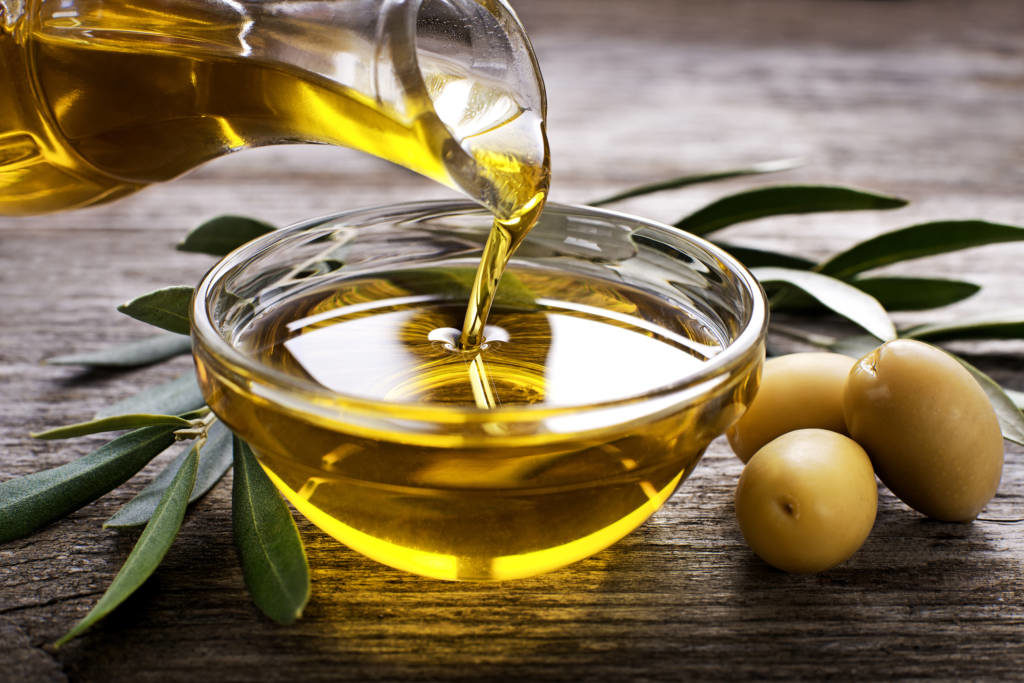"Our findings support current dietary recommendations to increase the intake of olive oil and other unsaturated vegetable oils," said Marta Guasch-Ferré, Ph.D., a senior research scientist at the Department of Nutrition at Harvard T.H. Chan School of Public Health and the study's lead author. "Clinicians should be counseling patients to replace certain fats, such as margarine and butter, with olive oil to improve their health. Our study helps make more specific recommendations that will be easier for patients to understand and hopefully implement into their diets."
The study used participants from the Nurses’ Health Study and the Health Professionals Follow-up Study, approximately 60,582 women and 31,801 men who were free of CVD and cancer at the study baseline in 1990. Every four years during 28 years of follow-up, diet was assessed by a questionnaire, which asked how often, on average, they consumed specific foods, types of fats and oils, as well as which brand or type of oils they used.
Olive oil consumption was calculated from the sum of olive oil used for salad dressings, olive oil added to food or bread, and olive oil used for baking and frying at home. One tablespoon was equivalent to 13.5g of olive oil. The researchers found that olive oil consumption increased from 1.6g/day in 1990 to about 4g/day in 2010, while margarine consumption decreased from about 12g/day in 1990 to about 4g/day in 2010. Intake of other fats remained stable.
Over the course of 28 years, there were 36,856 deaths with 22,768 occurring in the Nurses' Health Study and 14,076 in the Health Professionals Follow-up Study. Participants with higher olive oil consumption were often more physically active, had Southern European or Mediterranean ancestry, were less likely to smoke and had a greater consumption of fruits and vegetables compared to those with lower olive oil consumption. The average consumption of total olive oil in the highest category was about 9 grams/day at baseline and included 5% of the study participants.
When researchers compared those who rarely or never consumed olive oil, those in the highest consumption category had 19% lower risk of cardiovascular mortality, 17% lower risk of cancer mortality, 29% lower risk of neurodegenerative mortality and 18% lower risk of respiratory mortality. The study also found substituting 10 grams/day of other fats, such as margarine, butter, mayonnaise and dairy fat, with olive oil was associated with 8-34% lower risk of total and cause-specific mortality. They found no significant associations when substituting olive oil for other vegetable oils.
Related: 2022 Heart Health Update BAPP Publishes Laboratory Guidance Document on Olive Oil Study Links Vitamin D with Heart Health
"It's possible that higher olive oil consumption is a marker of an overall healthier diet and higher socioeconomic status. However, even after adjusting for these and other social economic status factors, our results remained largely the same," Guasch-Ferré said. "Our study cohort was predominantly a non-Hispanic white population of health professionals, which should minimize potentially confounding socioeconomic factors, but may limit generalizability as this population may be more likely to lead a healthy lifestyle."The study has raised several questions, however, summed up in an accompanying editorial by Susanna C. Larsson, Ph.D., associate professor of epidemiology at the Karolinska Institutet in Stockholm. She wrote: "The current study and previous studies have found that consumption of olive oil may have health benefits. However, several questions remain. Are the associations causal or spurious? Is olive oil consumption protective for certain cardiovascular diseases, such as stroke and atrial fibrillation, only or also for other major diseases and causes of death? What is the amount of olive oil required for a protective effect? More research is needed to address these questions."









